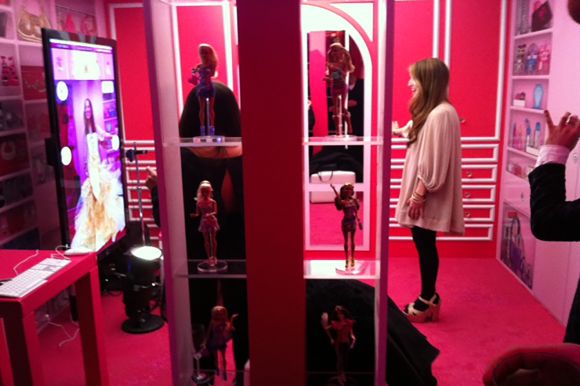It seems like just yesterday that brick and mortar retailers were scrambling to create online storefronts and that reports of their imminent demise were rampant.
But now those reports seem to have been exaggerated.
The tides are changing back in favor of the brick and mortar store.
Online retailers are increasingly migrating to the physical world thanks to an emerging trend that’s been called everything from “clicks to bricks” to “click and mortar” and “e-tail to retail.”
This reverse evolution of sorts is being driven by the increasingly competitive online marketplace, which has made differentiation not only more important, but also more difficult.
The competitive environment is not the only thing driving online retailers to literally set up shop.
Online retailers are beginning to see the immense benefits that physical spaces provide.
By expanding their business, online retailers are able to tell their story, share their brand values and cultivate lasting brand relationships with customers in ways that are impossible to do online.
Only by venturing out of the digital world into the physical one can online retailers take their brands to the next level, develop a new customer and user base, as well as increase trust with their current and potential customers.
Because after all, there’s still a tangible experience when you walk into a store that can never be replaced or mimicked on a computer, tablet, or smartphone.
Shopping is a sensory activity, and people want to see, touch and try on the merchandise – they want to engage all five senses.
Getting it Right
While it may seem like a relatively simple task to open a physical store or a pop-up shop for those who have conquered the online frontier, the barriers to entry are higher in the physical world than in e-commerce – with an incredibly steep learning curve.
Those who are opening brick and mortar outposts have to develop the strategy and direction required to execute successfully in a physical space, while determining what elements of their digital brand to import into the physical store design and experience.
They also need to lure in not only their current customers, but also new customers who may have completely different expectations of what the in-store experience should be.
Given that, the next sentence shouldn’t come as a surprise.
There are no one-size-fits-all strategies.
Everything must be personalized to who your customers are – both online and offline.
That level of personalization requires deep customer knowledge and insight. Without that insight, it’s nearly impossible to meet customer expectations or optimize marketing and sales channels.
So if this is a potential growth avenue for your brand and you need help shaping your business strategy based on what your customers are really looking for, then we should talk.


